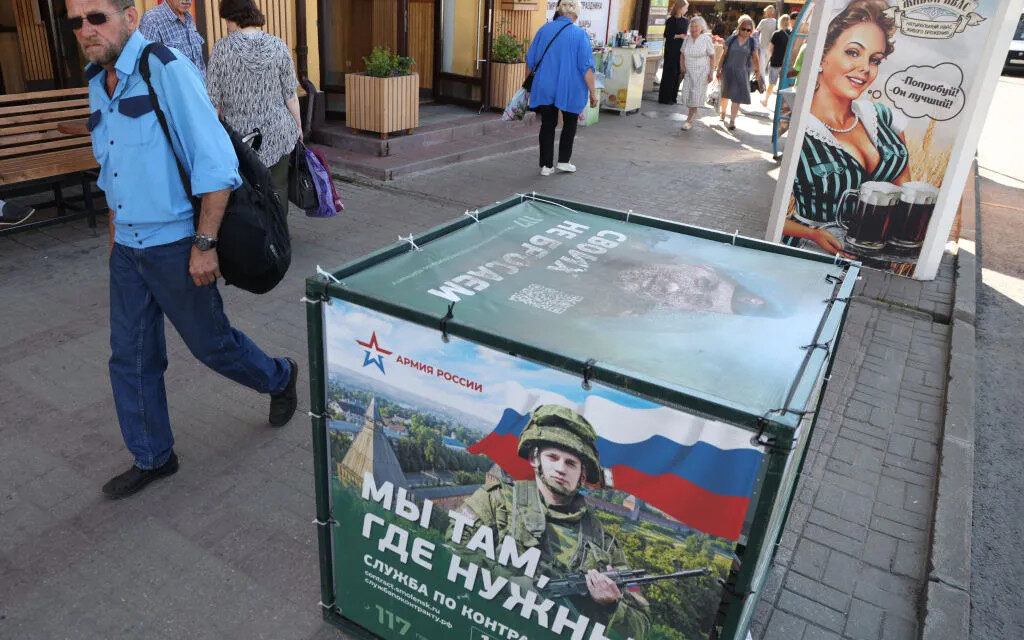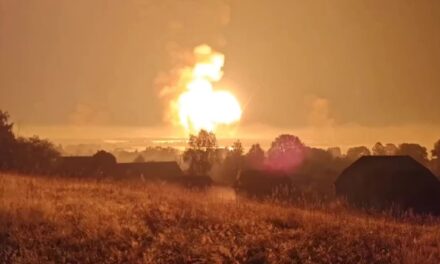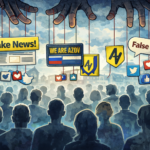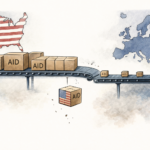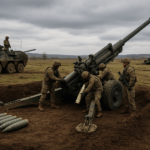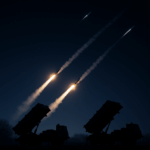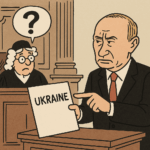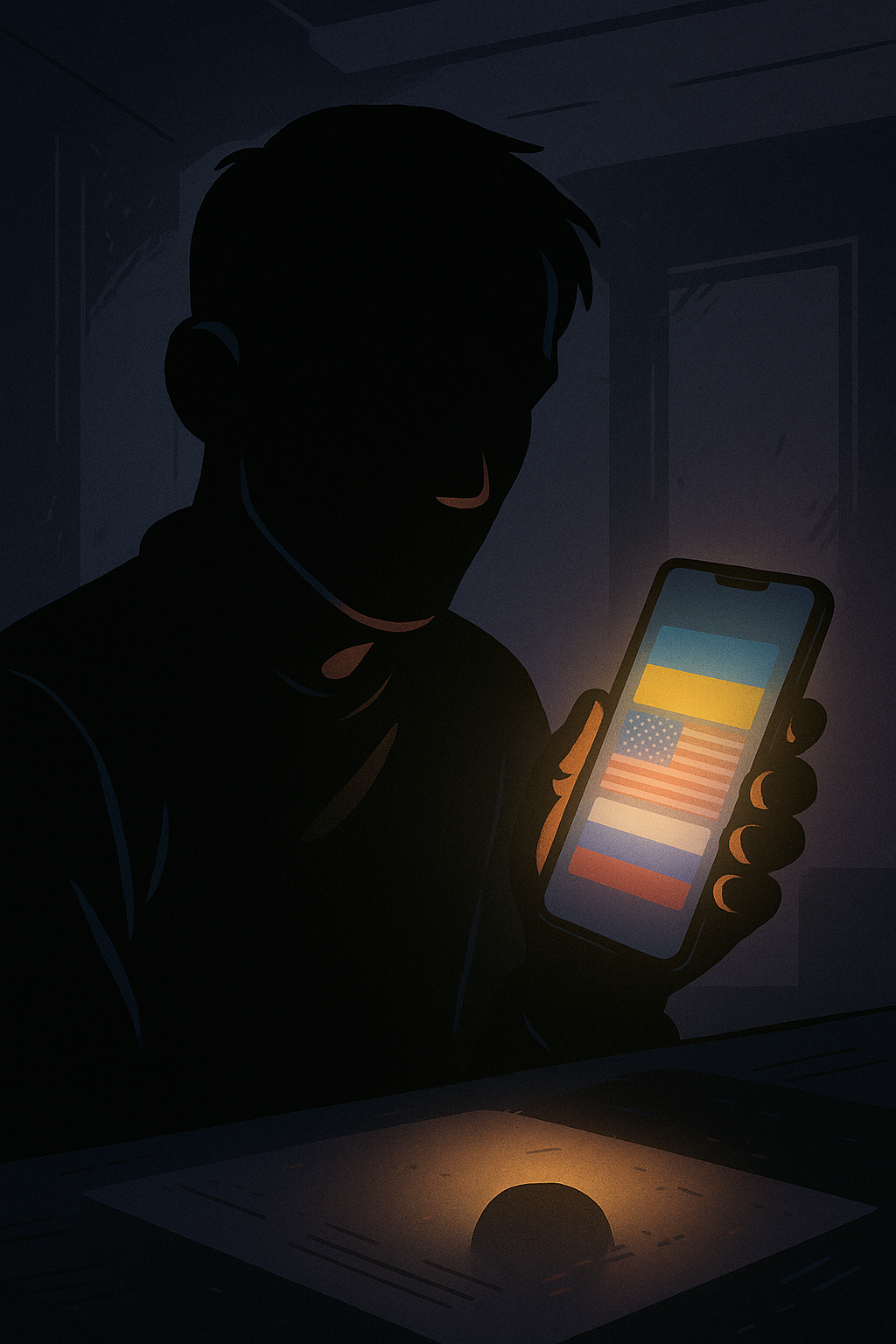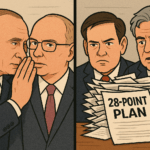The recent survey conducted by independent pollsters ExtremeScan and Chronicles indicates a significant shift in attitudes among the Russian population regarding the war in Ukraine. Nearly 50% of respondents expressed support for the immediate withdrawal of Russian troops and the pursuit of peace negotiations with Kyiv, even if it means not achieving the Kremlin’s military objectives. This marks a notable increase from previous years, contrasting sharply with a February poll from the Levada Center, where 77% of Russians expressed support for the war.
The survey, conducted in September 2024, revealed that 49% of participants favor withdrawing troops and engaging in peace talks, reflecting a 10% rise in support for this stance compared to earlier surveys since February 2023. Interestingly, when asked about opinions on Ukraine’s military presence in Kursk Oblast, a majority (53%) prioritized driving Ukrainian forces out of Russian territory over expanding Russian control in eastern Ukraine, which only garnered 15% support.
The willingness to participate in the war also varied among respondents. Approximately 32% indicated they would comply with orders from the Russian Defense Ministry to fight, while 29% expressed reluctance to engage in combat. Another 29% showed support for a potential new wave of mobilization.
The polling was conducted with a sample size of 800 individuals aged 18 and older and coincided with the two-year anniversary of Russia’s mobilization campaign. Notably, both Chronicles and ExtremeScan were established in 2022 by antiwar activists aiming to challenge the Kremlin’s narrative of widespread support for the invasion through innovative polling methods.
Alexei Minyaylo, founder of Chronicles, previously emphasized the challenges of accurate polling in a dictatorship, particularly during wartime, where fear and the desire to conform can lead to dishonesty among respondents. Their findings suggest that there is a growing dissent and a significant decline in war support compared to earlier polling data from other independent centers.
Más información en The Kyiv Independent

